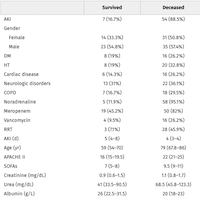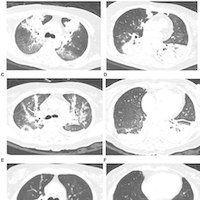Viral Sepsis in Children
frontiersin.orgSepsis in children is typically presumed to be bacterial in origin until proven otherwise, but frequently bacterial cultures ultimately return negative. Although the incidence of viral-induced sepsis is not precisely known, it is suspected to be common and may represent an important subset of children with “culture-negative sepsis.” It is therefore critical for clinicians to suspect and test for viral infection in children with culture-negative sepsis if appropriate infection containment measures are to be instituted in a timely fashion and in the interest of early identification of children with viral infections amenable to treatment. These considerations are especially urgent for high-risk children, such as those born prematurely or those having congenital heart disease, chronic lung disease, or immunodeficiency. Appropriate diagnosis of viral sepsis may provide the clinician added confidence to limit the duration of empiric antibacterial exposure in children with sepsis, and therefore may be helpful in the fight against antibiotic-resistant bacteria. Further studies are needed to identify novel viral-specific biomarkers and therapeutics.















